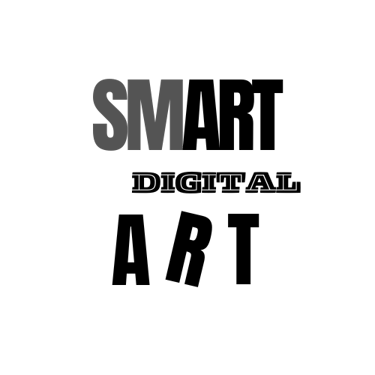The Future of Digital Marketing: Trends for 2025
Horvat Gordan


Digital Marketing as a Rollercoaster Ride – Always Changing, Evolving, and Adapting. If You Don’t Keep Up with Trends, You Can Easily Fall Behind. With the Rapid Development of Technology and Changes in Consumer Behavior, 2025 Promises Exciting Opportunities and Challenges for Marketers Worldwide. Here’s What Awaits Us, from My Perspective, in the Near Future of Digital Marketing.
Web3 and Decentralization of the Internet
The internet as we know it is transforming into Web3, where the focus is on decentralization, privacy, and data control. What does this mean for marketing? Less dependence on large platforms like Google and Facebook, and more direct interaction with users through blockchain technologies, smart contracts, and decentralized applications (dApps). Brands will need to build trust through transparency and authenticity, as consumers will have more control over their data.
The Metaverse: A New Marketing Arena
The metaverse is no longer just a science fiction concept – it is a growing reality. Imagine a world where your customers “walk” through virtual stores, attend events, or try products, all from the comfort of their homes. Brands will need to invest in 3D content, virtual avatars, and digital products. Imagine creating personalized experiential campaigns in the metaverse – this will be key to engaging the coming generations.
AI for Hyper-Personalization
Artificial intelligence will not just be a tool but our everyday marketing assistant. AI will be used to predict user behavior, create customized content in real-time, and even automate customer support through advanced chatbots. Users will expect "tailored" content, and marketers will need to master tools like ChatGPT, Midjourney, and similar technologies to remain competitive.
Voice Search and Visual Search
An increasing number of users are utilizing voice assistants like Alexa or Google Assistant, as well as visual tools like Google Lens. This means SEO strategies will need to adapt to these formats. Instead of traditional keywords, the focus will be on long phrases and questions, as well as optimizing visual content (images and videos) for search.
Zero-Party Data: The New Currency of Trust
Until now, we have relied on third-party cookies for data collection. However, as privacy regulations become stricter, brands will need to build strategies based on zero-party data – information that users willingly share. This requires a creative approach through surveys, quizzes, and exclusive offers that motivate users to share information.
Content Creators as Brand Partners
Influencers have long been part of marketing, but by 2025, content creators will become key partners for brands. Instead of traditional ads, brands will focus on storytelling through authentic content that comes directly from creators. Micro and nano influencers (with smaller but loyal followings) will become increasingly significant as they provide a more personalized approach.
Environmental Responsibility and Social Marketing
Consumers expect brands to take responsibility for social and environmental challenges. Transparent campaigns promoting sustainability, ethical production, and support for local communities will become the standard. Digital marketing will play a crucial role in communicating these values through storytelling and authentic initiatives.
Short, Powerful Video Formats
Video content continues to dominate, but audience attention spans are shrinking. By 2025, short formats like TikTok, Instagram Reels, and YouTube Shorts will be the primary communication channels. Brands will need to create entertaining, informative, and quickly understandable content to capture attention and engage the audience.
Omnichannel Strategies: Integration of All Channels
Today’s consumers expect a seamless experience across all channels – from social media to email, apps, and physical stores. Brands will need to work on integrating their platforms to create a unified customer experience. Data management tools (CDPs) will be essential for implementing omnichannel strategies.
Brands as Educators
Customers will seek more from brands than just products – they want knowledge. Blogs, webinars, e-books, and interactive workshops will become key tools for building relationships with audiences. Educational content not only enhances credibility but also helps create long-term relationships with customers.
Conclusion
Digital marketing in 2025 will be a blend of technology, authenticity, and creativity. Brands that focus on user needs, invest in innovative technologies, and remain flexible will be the ones to dominate the market.
Are you ready to catch this wave of change? 🙂






